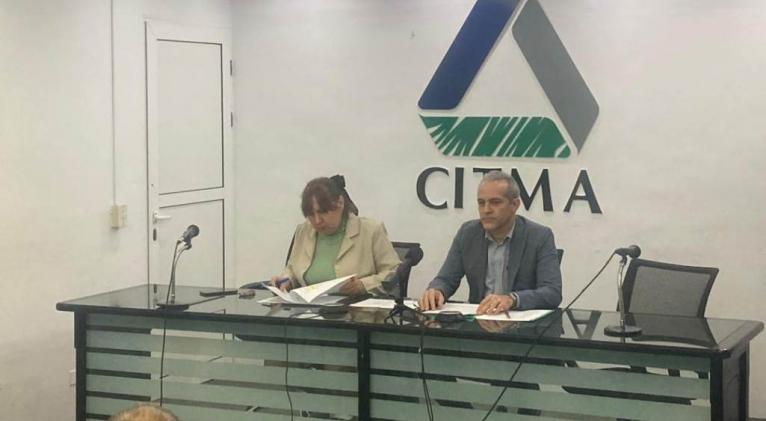Internationalization of science, a key objective for Cuba
especiales

Developing more joint projects and bids with various countries and in all branches of science is today a primary objective for scientific institutions in Cuba, CITMA Minister Armando Rodríguez said.
In exclusive statements to Prensa Latina, the minister of Science, Technology and Environment pointed out that several agreements have been signed with countries like China, Russia, Belarus, Vietnam, Brazil, and Venezuela, and steps are being taken with Mexico to implement joint programs in the field of technological advancement, exchange of experiences and knowledge among academies, universities, research centers, and entities governing scientific activity.
“Many of the joint projects are assigned primarily to Cuban universities and research institutions that carry out the studies or are nourished by the knowledge of said countries,” Rodríguez stressed.
He pointed out that with China, for example, we are working together on projects related to nanotechnology, basic sciences, and biotechnology, as well as the insertion in initiatives related to the Silk Road Economic Belt and the 21st Century Maritime Silk Road.
On the other hand, there are joint bids that also cover social sciences with China, as well as with Belarus, Vietnam and Latin America, the minister added.
Rodríguez highlighted the potential to connect with the outside world of the interface companies in charge of managing scientific exchange, universities and the three scientific and technological parks (located in Havana, Matanzas and Villa Clara).
Another of key nations in terms of international cooperation is Brazil, with which we maintain more than 20 collaborative actions, the minister noted.
Added to this are Cuba’s alliances in the Ibero-American Program of Science and Technology for Development, which held its General Assembly this year in Havana and celebrated its 40th anniversary here as well, bringing together 62 ongoing networks, 22 countries, 2,154 institutions and 6,186 researchers from Ibero-America.
With the United States, we also develop scientific exchanges in different branches of research, from biotechnology companies and the Academy of Science.
Rodríguez went on to say that there are still many challenges to increase the presence of Cuban science in the world, and referred to the need to exploit multilateral spaces further to share Cuban research on the Environment and Climate Change, just to mention one sector.
He also underscored Cuba’s difficulties in accessing foreign financing to implement pilot phases of technological inventions, due to the unjust economic and financial blockade imposed by the United States on Cuba for more than 60 years. He also acknowledged that the Cuban Ministry of Science, Technology and Environment is working to reduce the time taken to complete agreements and avoid bureaucratic processes that slow down collaborative projects.














Add new comment